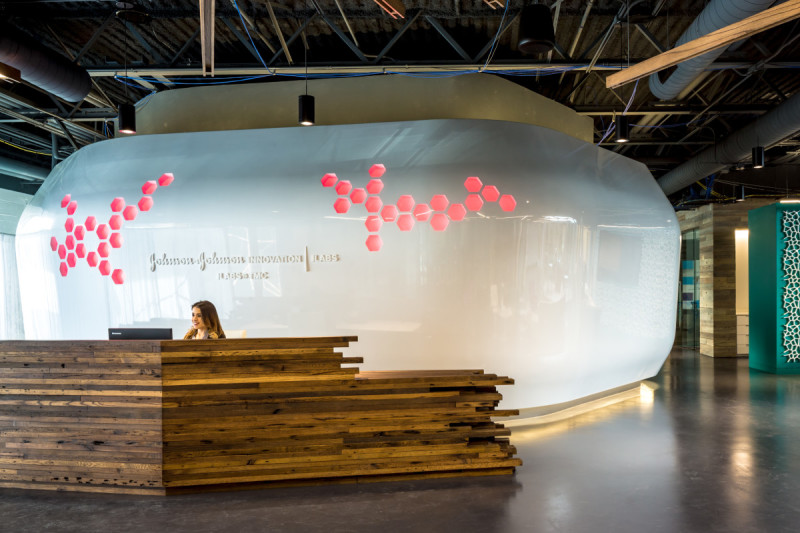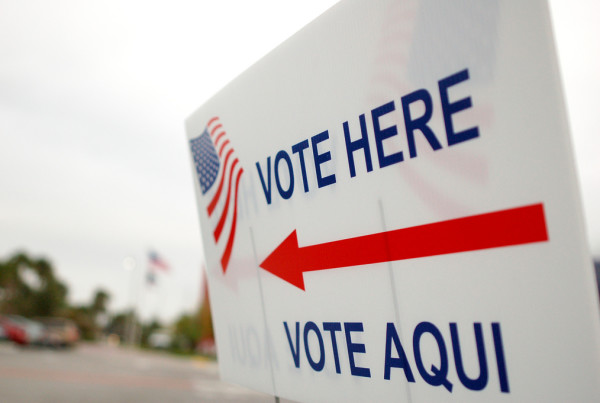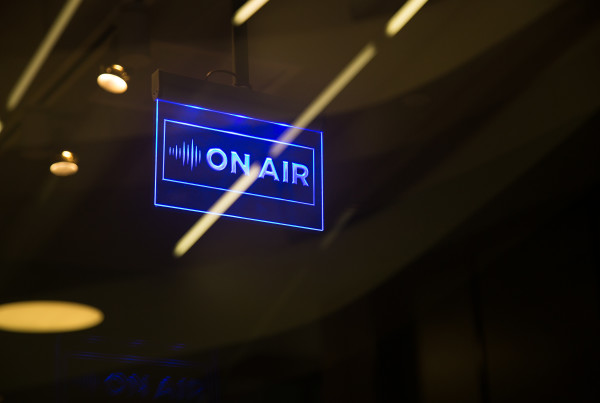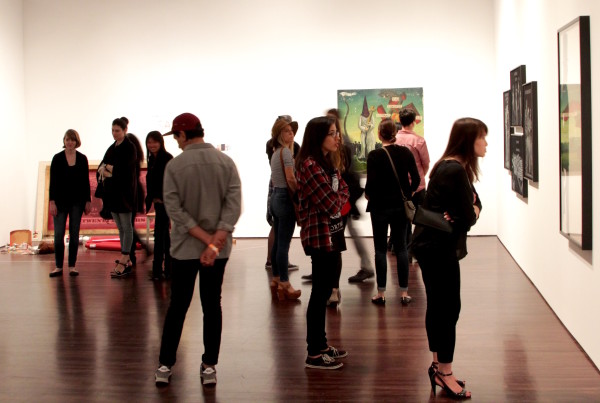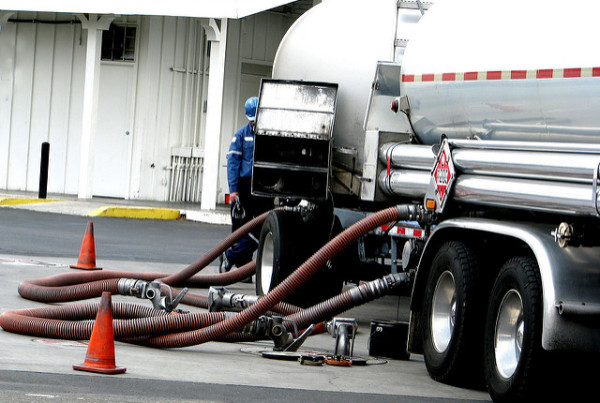This story originally appeared on Houston Public Media.
Houston’s bid to become the next big city for bioscience entrepreneurs got a boost this month when Johnson & Johnson opened a start-up accelerator in the Texas Medical Center.
The global healthcare giant is best known for Band-Aids and baby shampoo, but it also manufactures pharmaceuticals, vaccines, and medical devices such as artificial joints.
But company leaders also want to keep an eye out for the next big discovery in life sciences.
Houston is the fifth city where it’s opened a business incubator called JLABS. There are two in the San Francisco area, and one each in Boston and San Diego.
In Houston, JLABS is near the medical center, housed inside the old Nabisco cookie factory on Holcombe.
Walking inside, you’re confronted by a shining white fiberglass pod — a windowless, soundproof room within a room.
“Looks like a spacecraft doesn’t it?” said Melinda Richter, head of JLABS.
“This spacecraft represents a portal to the rest of the world,” she explained. “In here, you have a Cisco telepresence, a way of videoconferencing someone in China, in San Francisco, in Boston and get connected to somebody who can help you in some way, whether it’s access to expertise or to funding or to a market.”
JLABS boasts 34,000-square feet of offices and science labs with the latest equipment. Picnic tables, sleek couches, and clusters of cozy chairs promote brainstorming and caffeinating.
A medical prototyping lab also has two of those must-have symbols of cutting-edge creativity, 3-D acrylic printers.
“We knew there was a wealth of talent and research here on the south coast with Houston, and we knew we had to be here,” Richter said.
JLABS is located in the same building as another start-up accelerator, TMCx, which is supported directly by the Texas Medical Center as part of its Innovation Institute.
But having a corporate partner will amplify what the Texas Medical Center is already doing, said Dr. Robert Robbins president and CEO of the TMC.
“It’s a gathering place in Houston that we’ve never had before,” Robbins said.
“They’re able to roam the halls of our academic institutions and our hospitals, looking for young entrepreneurs, people with ideas, to believe you can actually start a company and you can do it here. You don’t have to be in San Francisco or Singapore or Boston.”
Johnson & Johnson has already selected a first round of 21 start-up companies for the Houston JLABS. About half of the companies are moving to Houston to join the accelerator.
One of the start-ups is Seremedi, founded locally by Kim Bond Evans. Her product is an online tool to help patients recover after major surgery, called CareScriptions. She has raised $1.2 million in seed money and has already put the tool into the hands of surgeons at M.D. Anderson.
“With CareScriptions, they feel like they’re taking their surgical team home because they have everything they need from this platform: access to their surgeons, real-time information sharing, online check-ins.”
Evans said she loved the idea of being able to collaborate with other entrepreneurs in Houston, and at the other JLABS, as well as tap into the expertise of scientists and business leaders who work at Johnson & Johnson.
“There’s just a huge ecosystem that they have that really advances the product,” Evans said.
Administrators in the medical center have been trying for years to build a start-up business culture at the medical center, to commercialize innovations in the life sciences.
“We had a void,” explained Dr. Robbins. “We’ve got a lot of research and we’ve got a lot of clinical applications, but we were missing that bridge across that gap, between translating the fundamental research into commercialize-able products.”
But Houston has a long way to go before it catches up with Boston or San Diego or even Silicon Valley, said Ed Egan, director of the McNair Center for Entrepreneurship and Innovation at Rice University.
“It’s possible to turn around an entrepreneurship ecosystem in as little as four or five years,” Egan said. “We’ve seen it happen in Chicago, we’ve seen it happen in Philadelphia. All you need are the right catalysts and the right seeds.”
Egan has analyzed venture capital investment in Texas, and discovered that Houston lags far behind Austin and even Dallas.
In addition, Egan learned that less than 20 percent of the venture capital in Houston is being invested in life sciences. Most is flowing into information technology and other sectors.
“JLABS on its own is not going to be enough,” Egan said. “There are likely structural issues that are going to need to be addressed.


